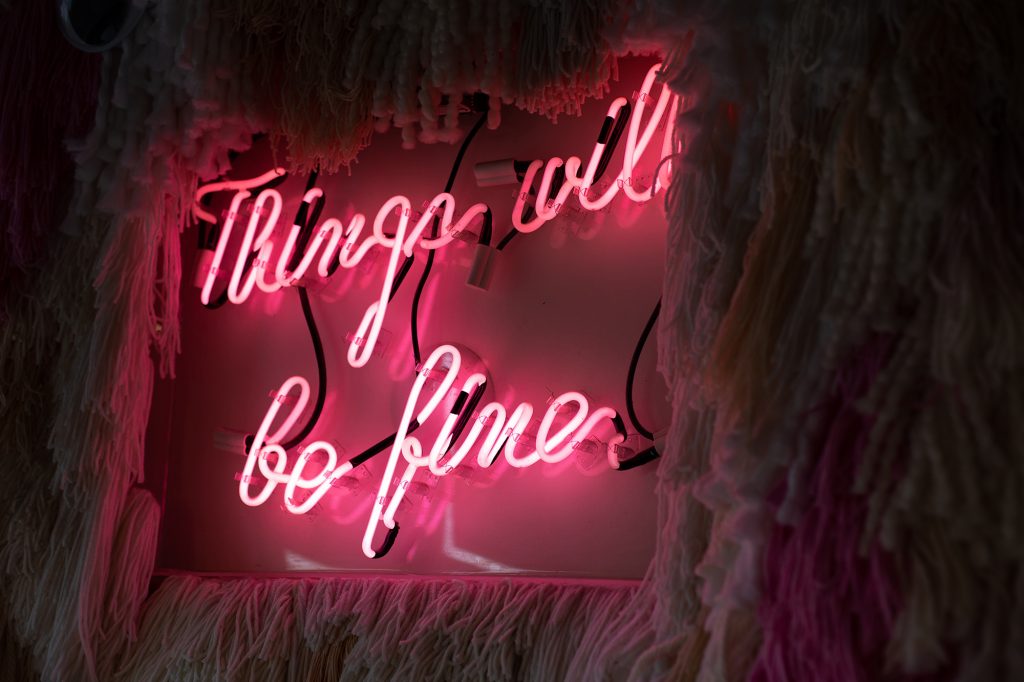
We wait; perhaps for the light bulb or the perfect moment; but it never comes as far making a career change happen. Rarely are there light bulbs or perfect moments to change careers. Instead the only moment we have is now and now is about making a start. It is continuous small actions which lead to career change, not too much thinking and certainly not bravery.
There are three parts to creating a new career;
1. Test and Learn
Create a series of “test and learn” experiments in the area or a number of areas which you are interested in. Brainstorm all the different ways you can test your future career such as volunteering, work shadowing, taking a class, studying extra qualifications, people to talk to. You need at least 10 different ideas on the list and work through them. The key is to stay open to whatever the outcome might be. The only goal is to learn from the experiments. As you learn more you will become clearer about the direction you want to go in. The experiments give you new information and can be motivational as you see how you can make your new career happen and what it will be like to do it.
2. Hang Out with New People
It is nearly impossible to change careers without altering our professional circles. Harvard sociologist Mark Granovetter studied how people get jobs. He found people get jobs through personal connections however, what surprised him was the strength of “weak ties”. The people who helped were distant acquaintances. Granovetter found that it was neither a person’s closeness nor their power that indicated if they were able to help. He concluded people helped because a) they had a different network and b) their perception of the person was not as tightly defined, they could envision the person in a different role.
Talk to the outliers in your circle and create new connections. If you are “testing and learning” this becomes inevitable. For example, if you are taking a course actually getting to know the people on it will help and this needs to be a priority. When I retrained as a coach, one of the big factors which speeded up my career change was making new friends with other coaches, without them I would not be doing what I do today.
Commit to talk to people who are not in your immediate network and tell them about your potential change. Make no pre judgements if the person can help, instead focus on simply having the conversation. Have at least 10 conversations a month, keep track and write them down.
3. Connect the Dots
So much of our identity is tied up with what we do for a living (rightly or wrongly!). When we seek to change our career it affects how we think of ourselves and our identity can become fuzzy. We need to make sense of what is going on and connect the dots as we go along, even when the final outcome is not completely clear. Talking about what you’re doing and how you are doing it is important for you regardless of whether people are listening or not! Keep connecting the dots, making sense of the changes as they happen. Eventually your story becomes clear.
When I changed career people would say “your brave”, which I always took as code for “you’re mad”. The only difference was I thought I’d have been even braver to stay put!
So, if you want to be brave stay, if you are not so brave…take a step forward.
Photo: Matt Flores

